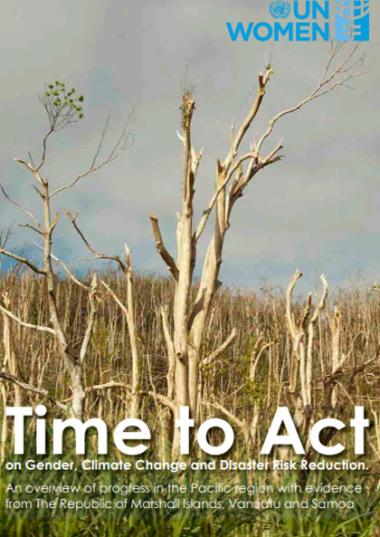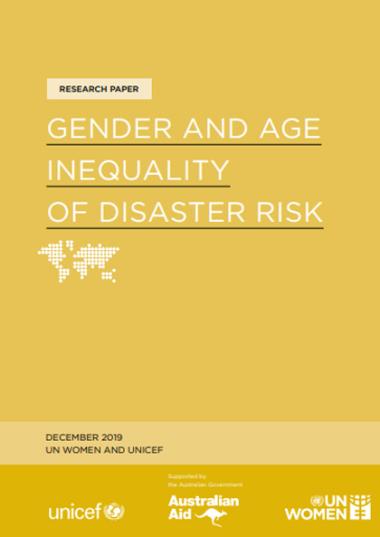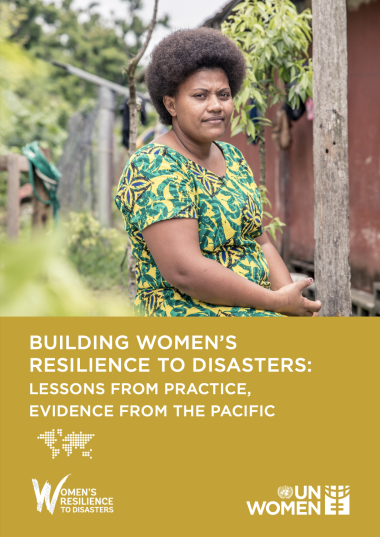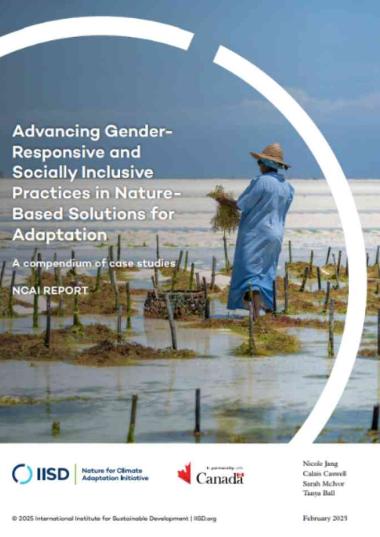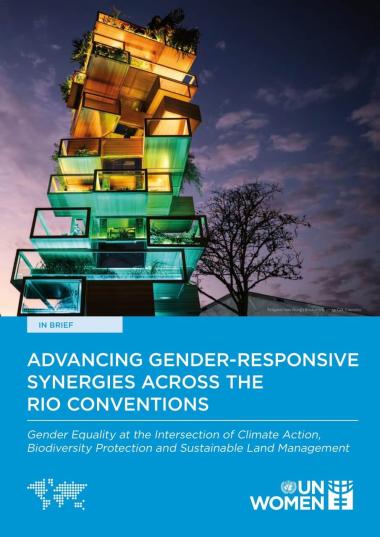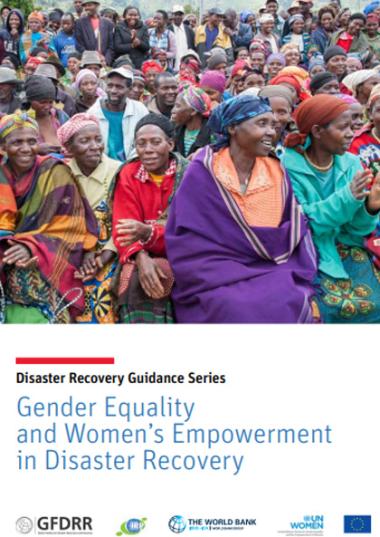
This policy brief explores how gender is approached in resilience programming and highlights the challenges of addressing the needs of women and girls. The report concludes that there is a need for discussion among partners about what a gender transformative approach means. This should be done initially through gender training by a gender expert that focuses on tools for gender analysis and that facilitates a space for critical thinking about power relationships within local contexts and changing the social norms that inhibit gender equity. This policy brief identifies the following steps that can be taken:
- Assessments of project goals should begin with a baseline assessment of gender inequities and there is a need for discussions about what it means to achieve project goals through a gender transformative lens;
- Once data is collected, a space for evaluating goals and processes for achieving them should be fostered through workshops with project partners and facilitated by gender specialists;
- Strong institutional support should be ensured to evaluate project impacts on gender equity and livelihoods in order to move towards gender transformative approaches;
- An analysis of the feasibility of transformative approaches should also take place.
Findings have highlighted two key areas for further investigation. The first is to explore the relationship between an intervention’s approach to gender and its ability to build resilience. The second area is the relevance of the project’s theory of changes (ToC) for transforming gender relations and the relationship between a project’s ToC and its approach to gender.
